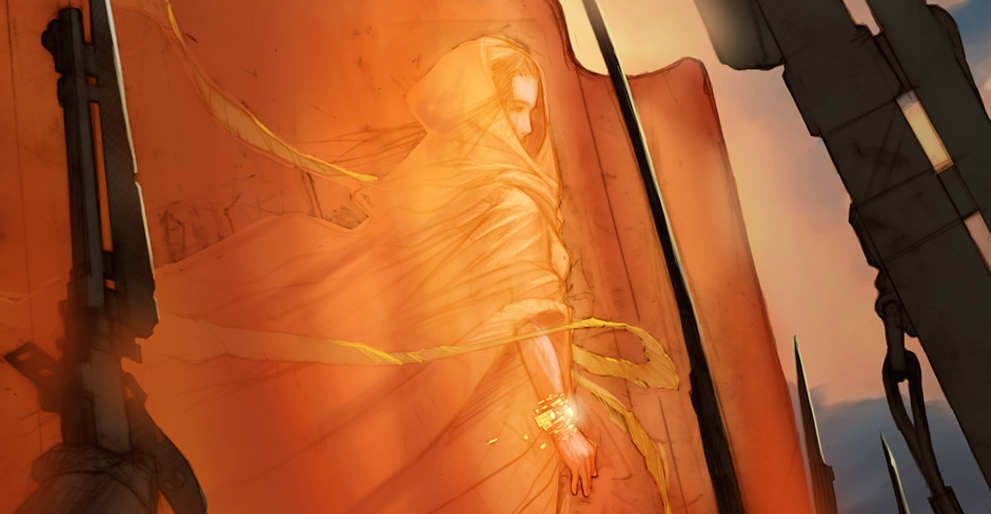The 70th anniversary of the victory in the battle of Stalingrad has me thinking, amongst other things, of The Red Star and specifically brought me to ask “what does victory actually mean in a game?”.
The idea, perhaps the reality, of the invogorating turning point, where is it at the gaming table?
The building momentum, the hope, the belief, and finally the inevitability of victory, where is it?
And where is the reverse of it? The sapping of strength, the demoralization, despair, disillusionment as the companions and harbringers of defeat, where are they?
In other word: What about long-term morale in a game (of The Red Star in particular)?
An immediate quick fix as a product of these rambling thoughts:
After winning (not merely surviving) a military adventure (e.g. a battle), characters gain a +1 morale bonus to all attack rolls during the first encounter of their next military adventure, provided they face off against the same foe. If they win multiple adventures in a row, this bonus is cumulative (up to a total of +5).
Contrariwise, after losing a military adventure, characters suffer from a -1 penalty to attack rolls during the first encounter of their next military adventure. If they lose multiple adventures in a row, this penality is cumulative (up to a total of -5). By spending an Action Point, a character can avoid the penality for the rest of the encounter.
The artwork is taken from the The Sword of Lies wallpapers and was used with kind permission of Christian Gossett.
The Red Star and all related characters are ™ and © Christian Gossett. Used with kind permission.
The Red Star Campaign Setting is © Green Ronin Publishing, LLC.
Die Grafik stammt aus den Wallpapers zu Schwert der Lügen und wurde mit freundlicher Genehmigung von Christian Gossett verwendet.
The Red Star und alle verwandten Charactere sind ™ und © Christian Gossett. Verwendet mit freundlicher Genehmigung.
The Red Star Campaign Setting ist © Green Ronin Publishing, LLC.

